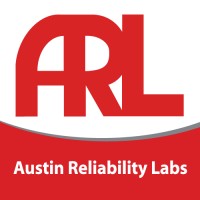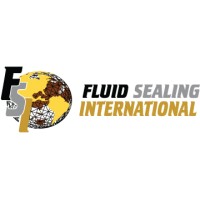
Austin Reliability Labs: a TyRex Technology Family company
Recognized as one of the top product reliability labs in the country with a unique balance of testing, consulting and on-site staffing services, Austin Reliability Labs (ARL) is a place where we recognize the hard work and passion that goes into the design and development of your product and want to find any problems in an effort to perfect it. We also understand a reputation is something that builds over time, so we focus on establishing long-term partnerships with each of our clients. With that in mind, we not only specialize in writing and developing all of the tests that we perform, but, unlike other labs, we provide pass / fail reports on all of our tests and decipher the results for you in order to maximize your product’s success. We believe quality is infused by finding every flaw in a product and methodically removing each one until the product shines. As a result, only a thorough, comprehensive reliability test program, as provided by ARL, will allow a product to emerge that will earn or maintain an unsullied and clean brand reputation.






